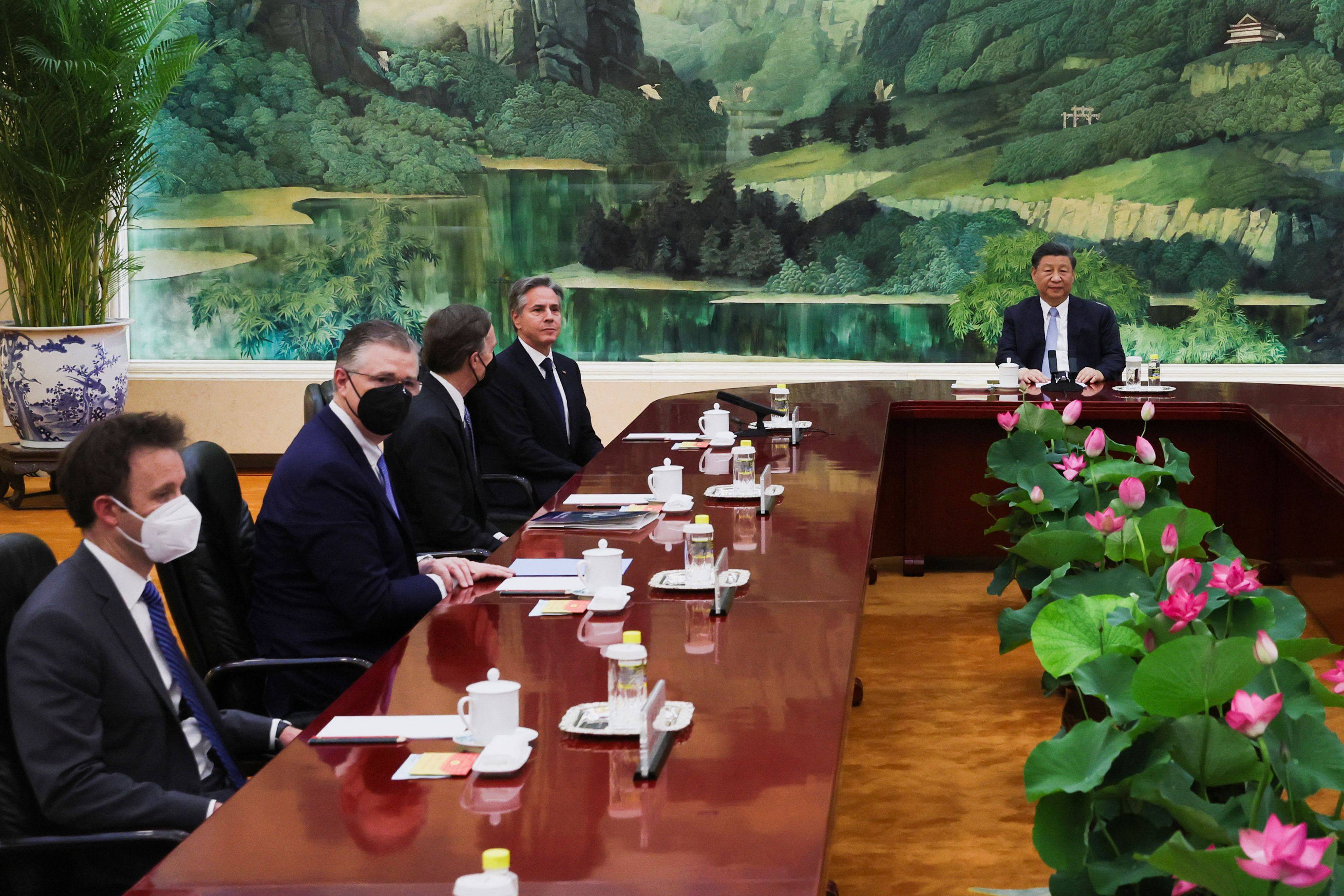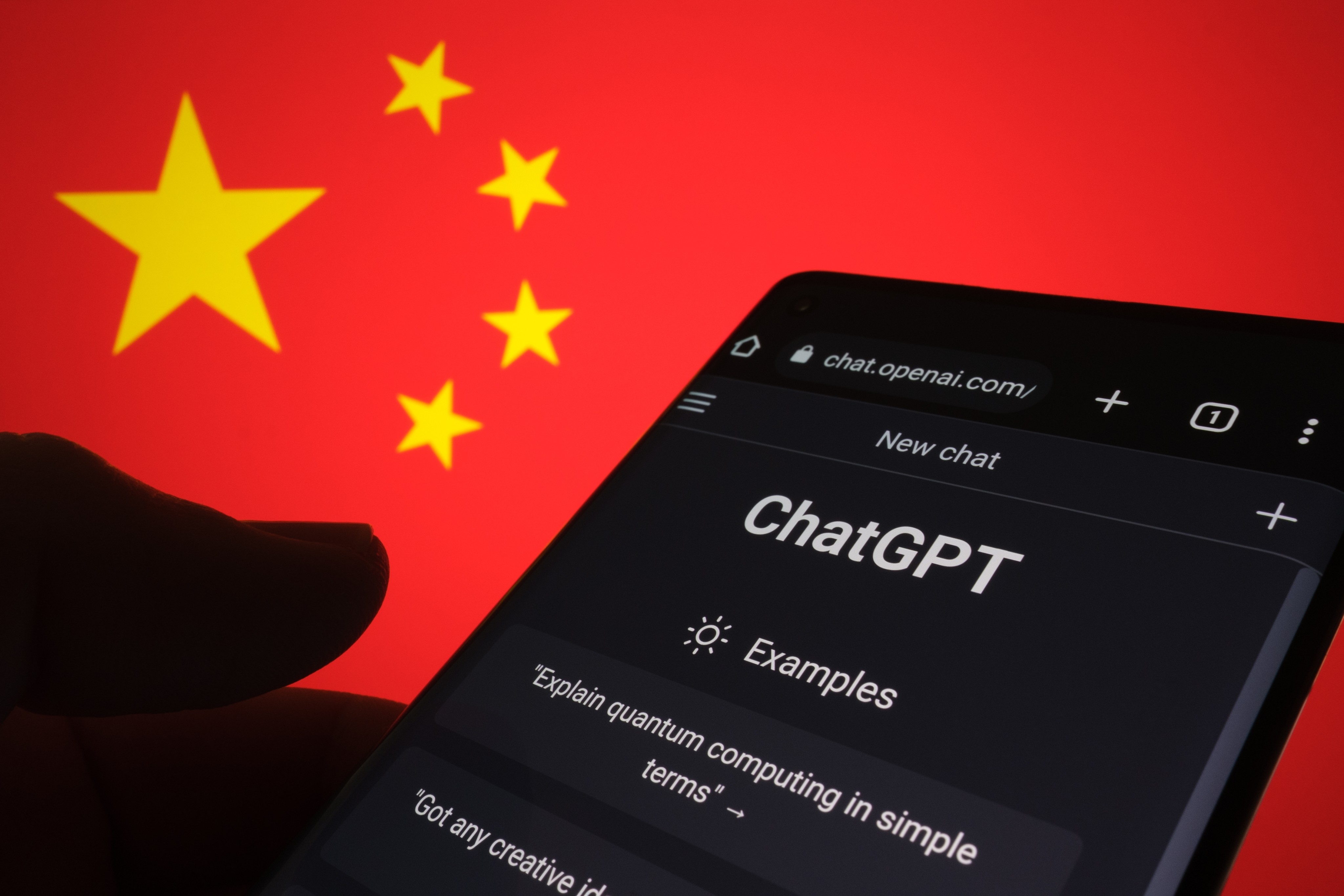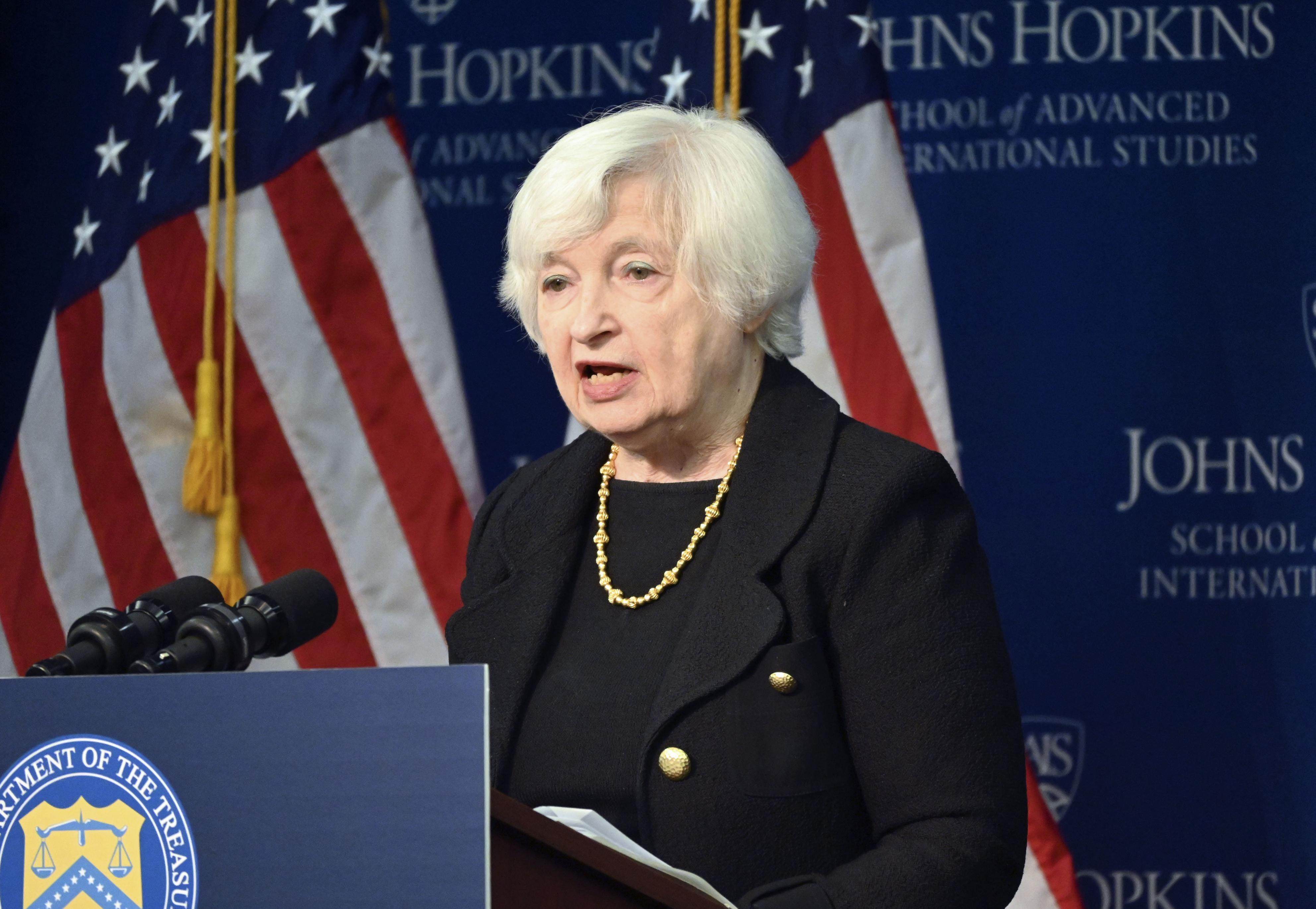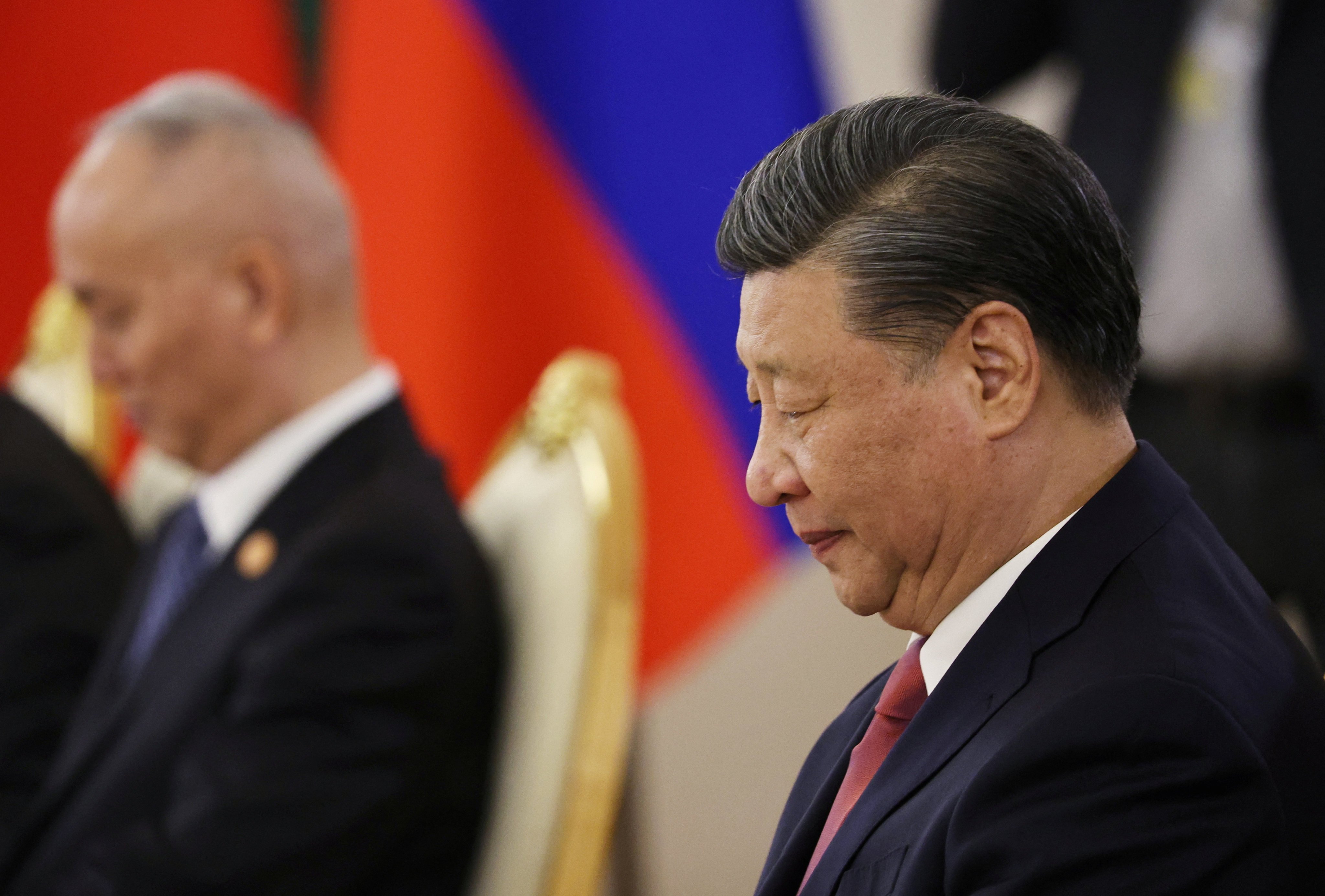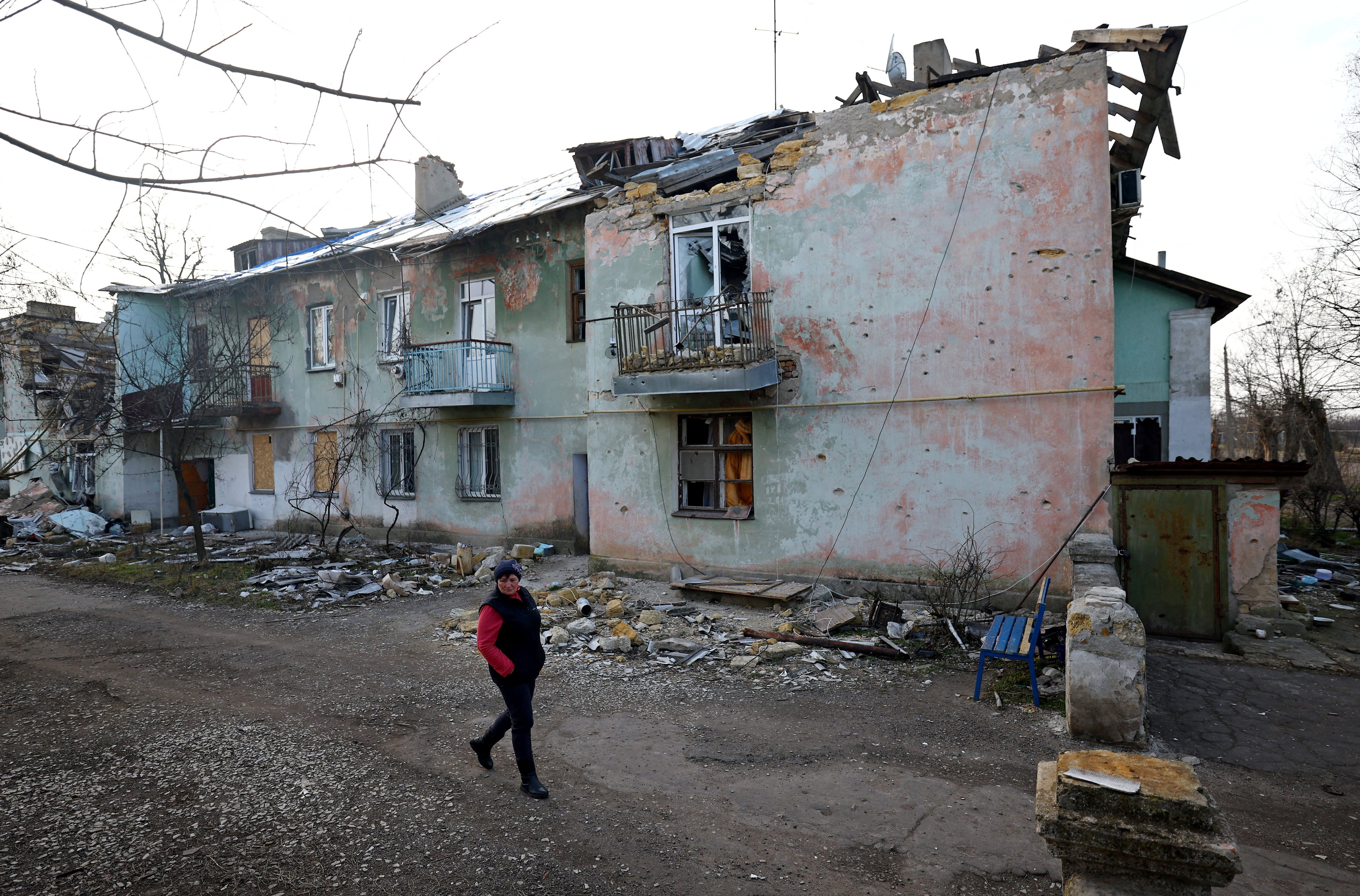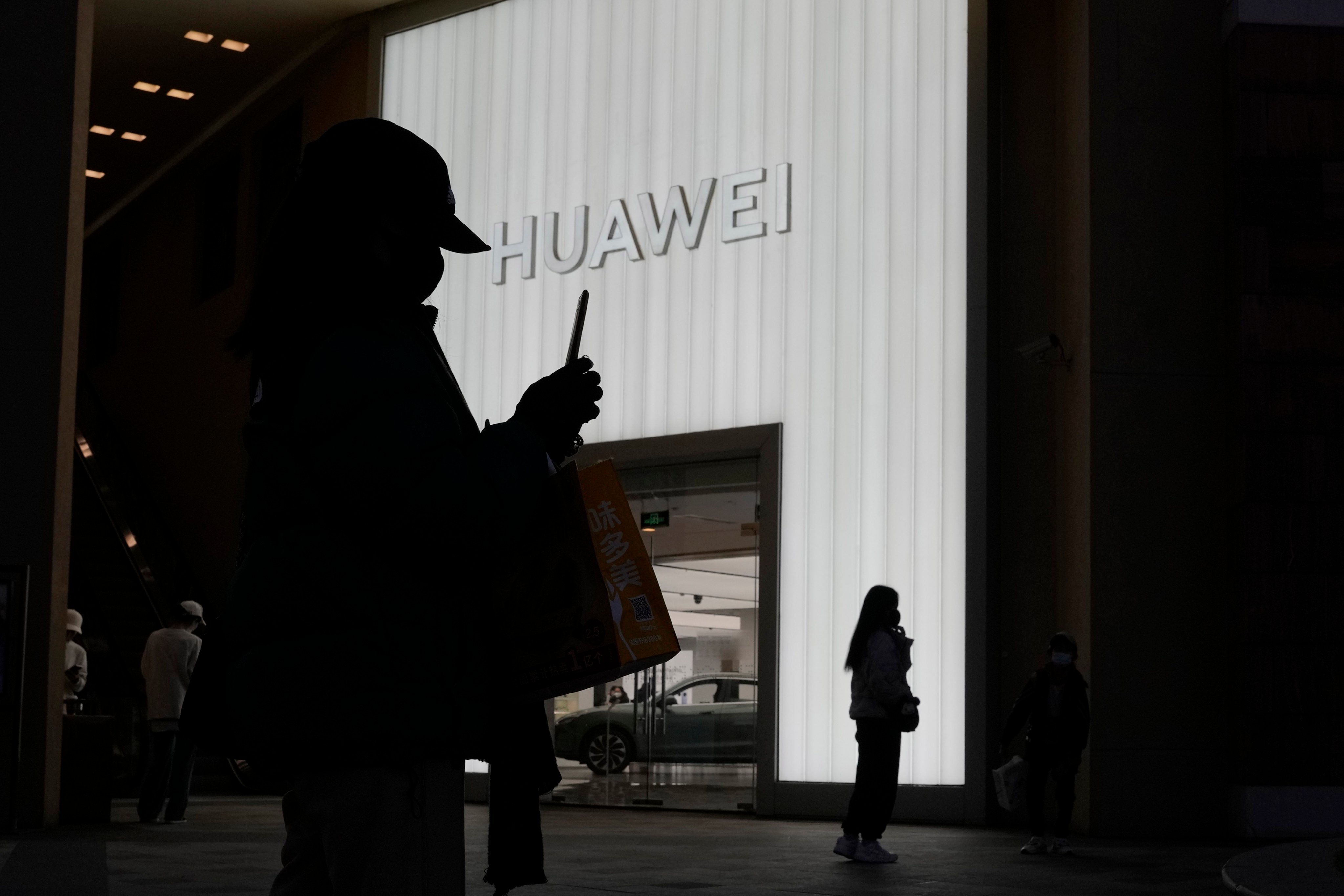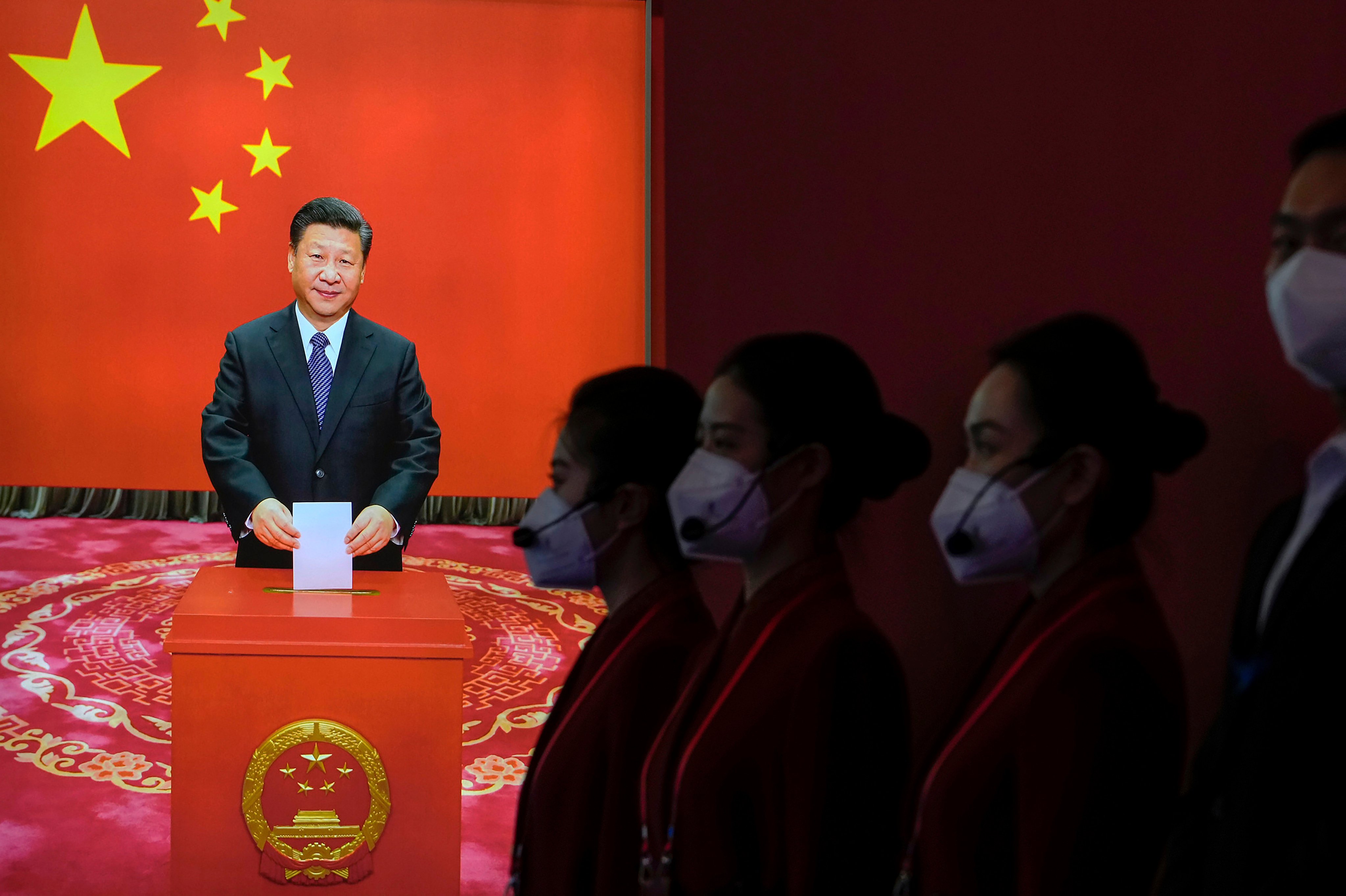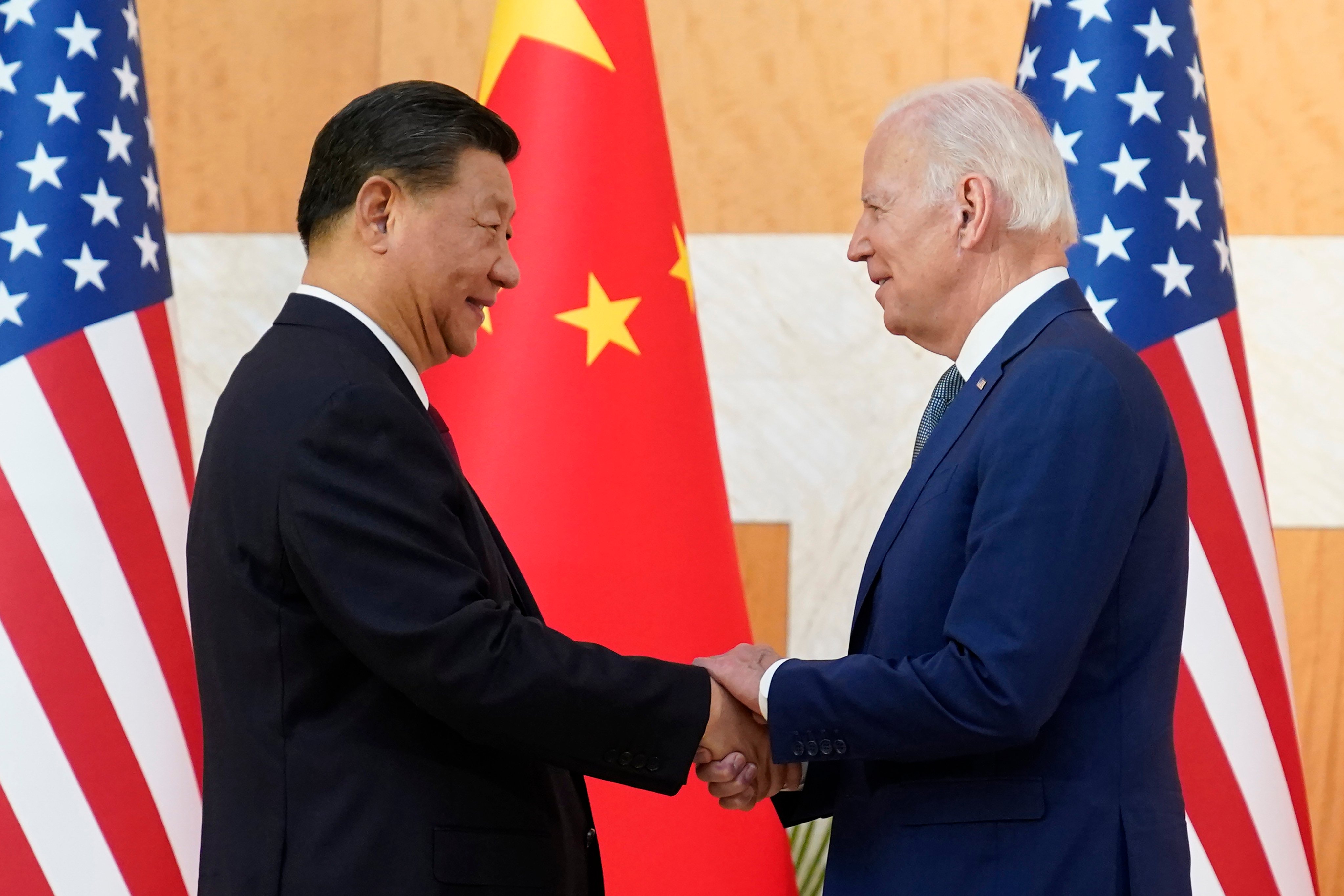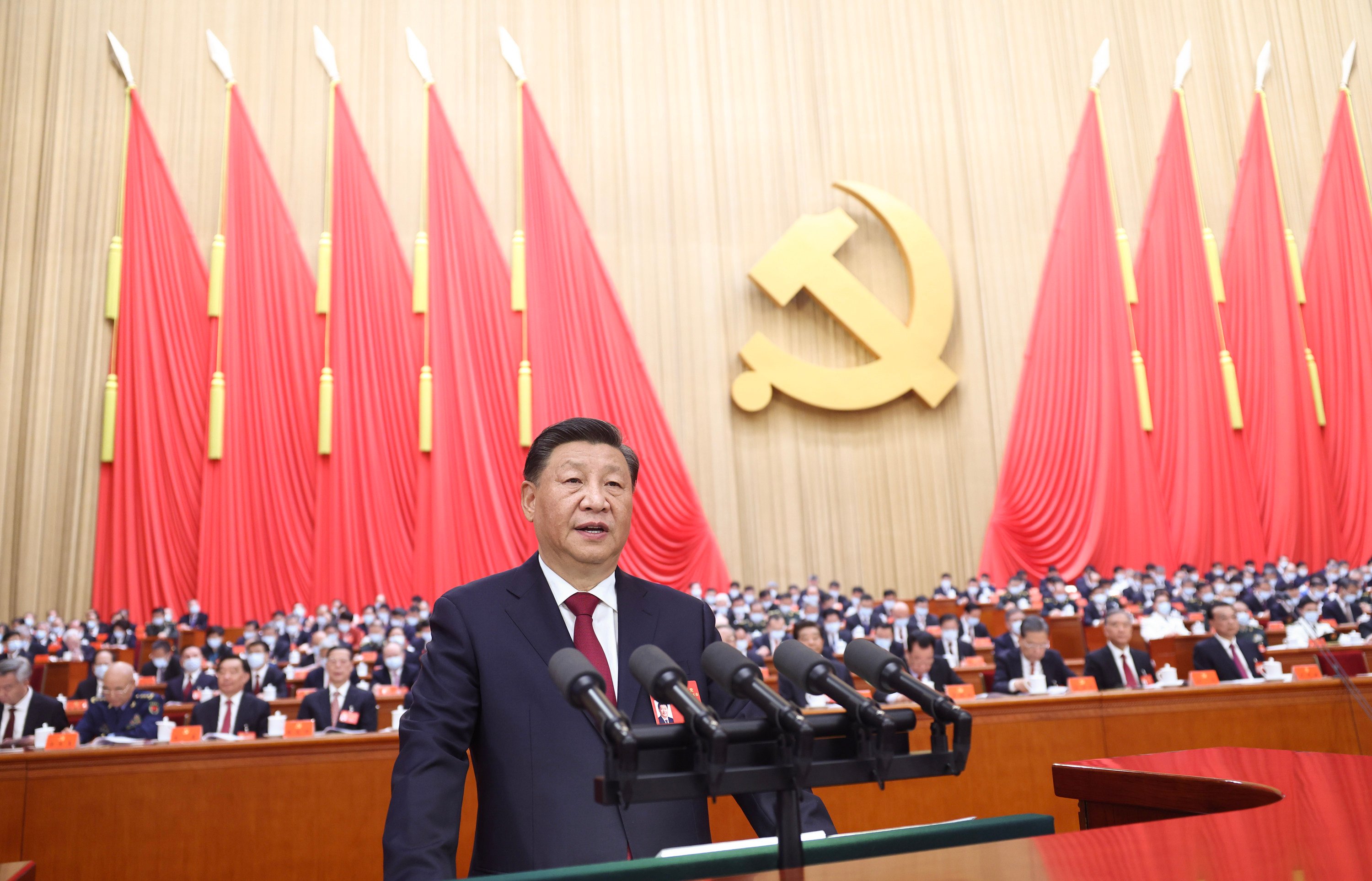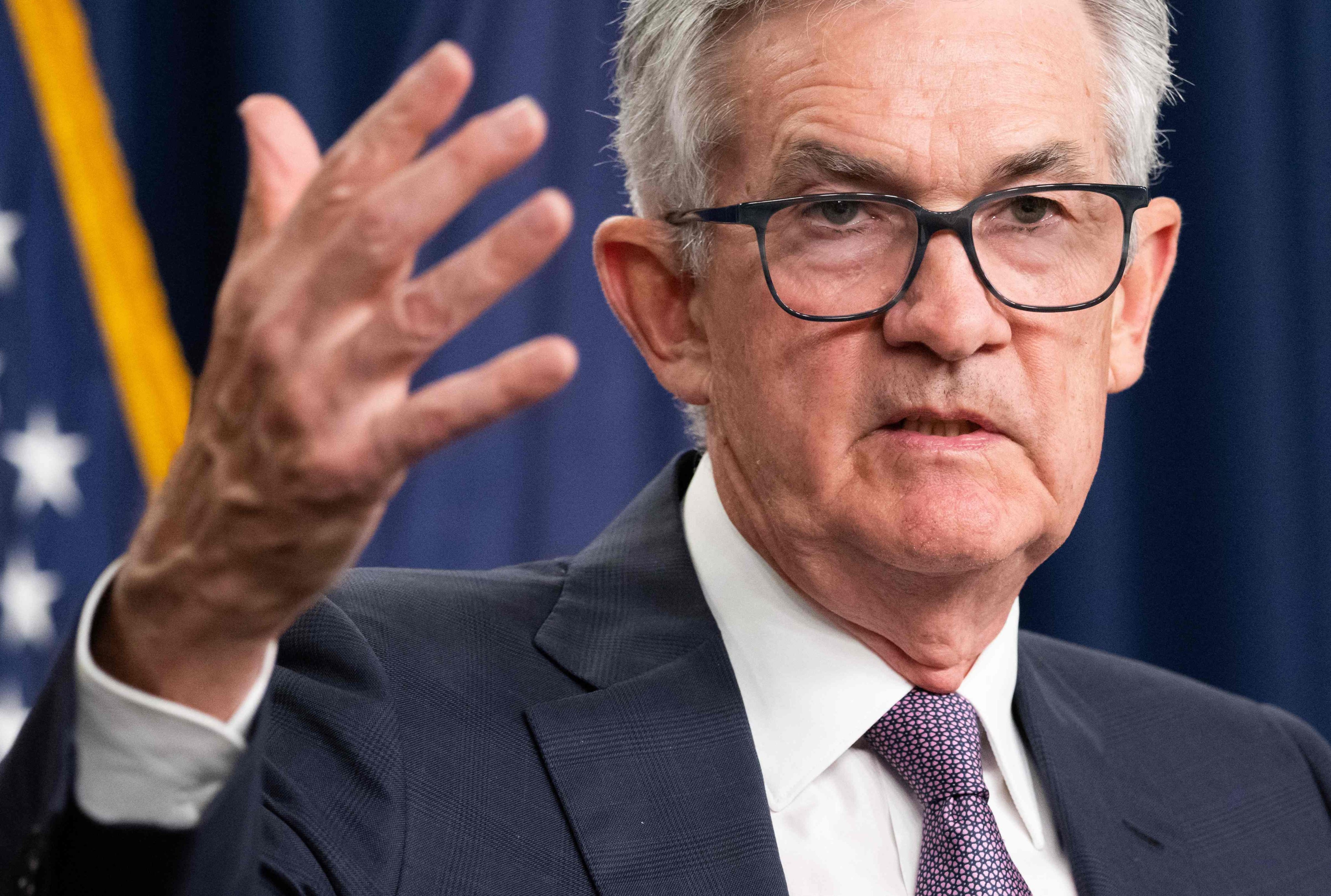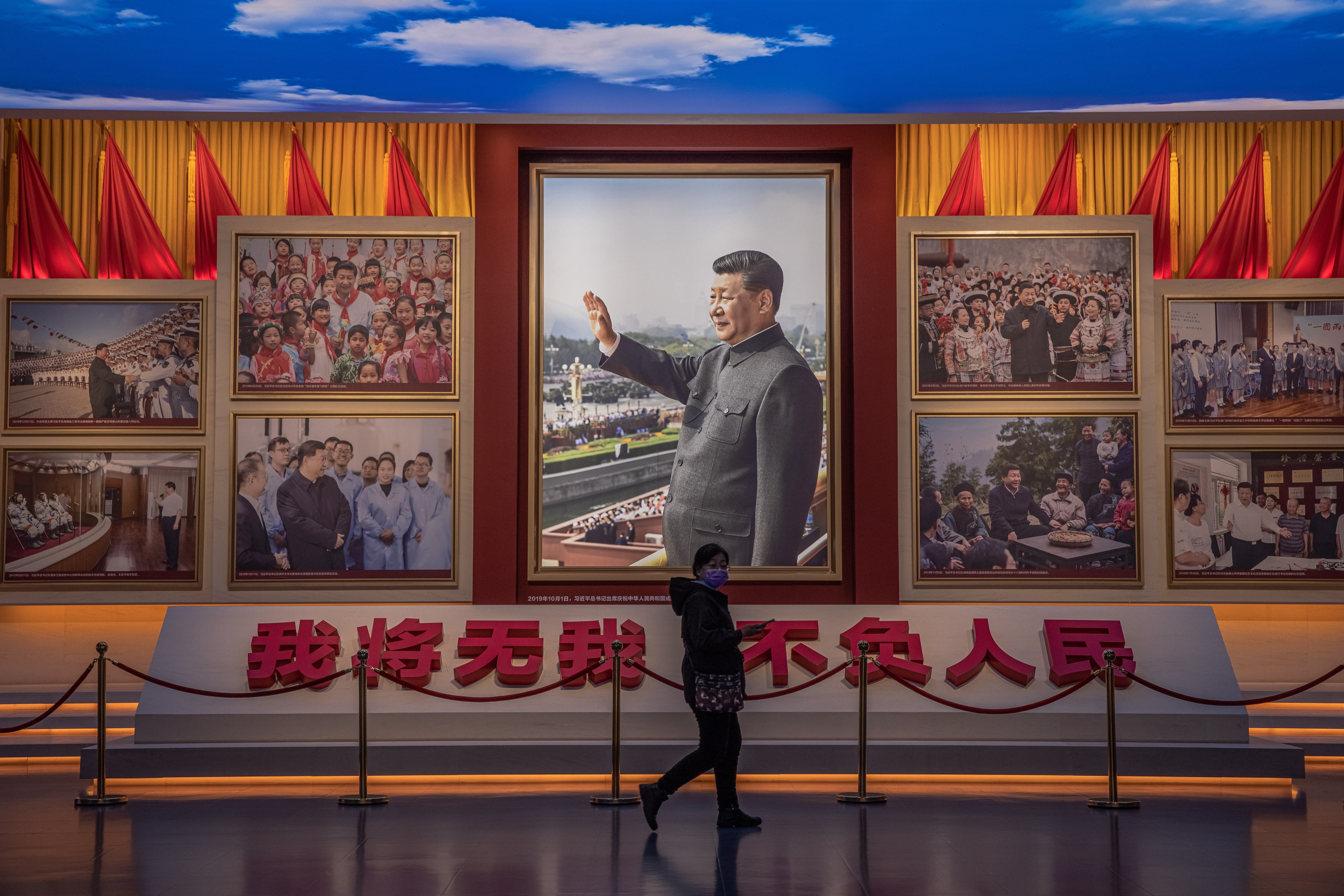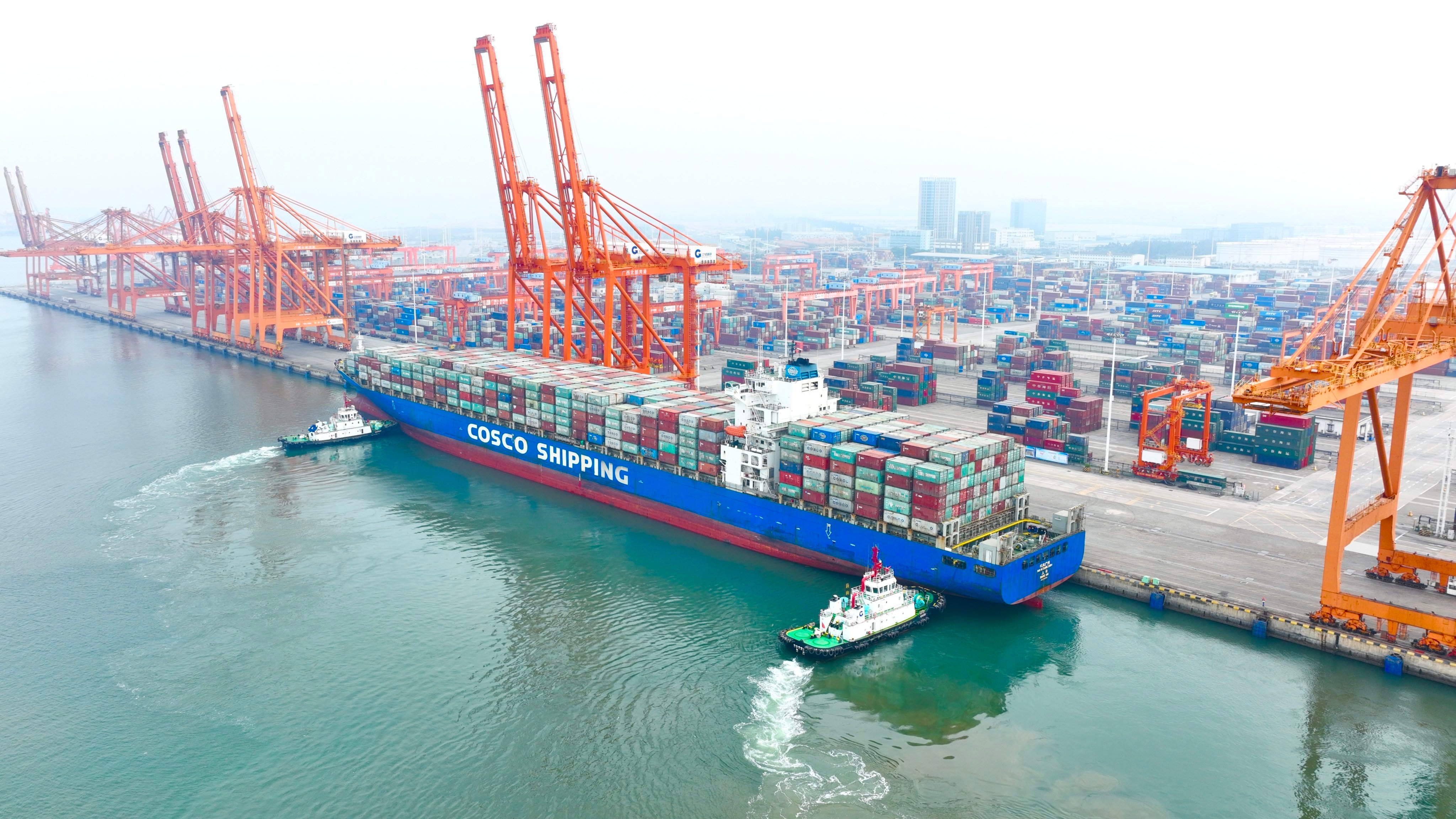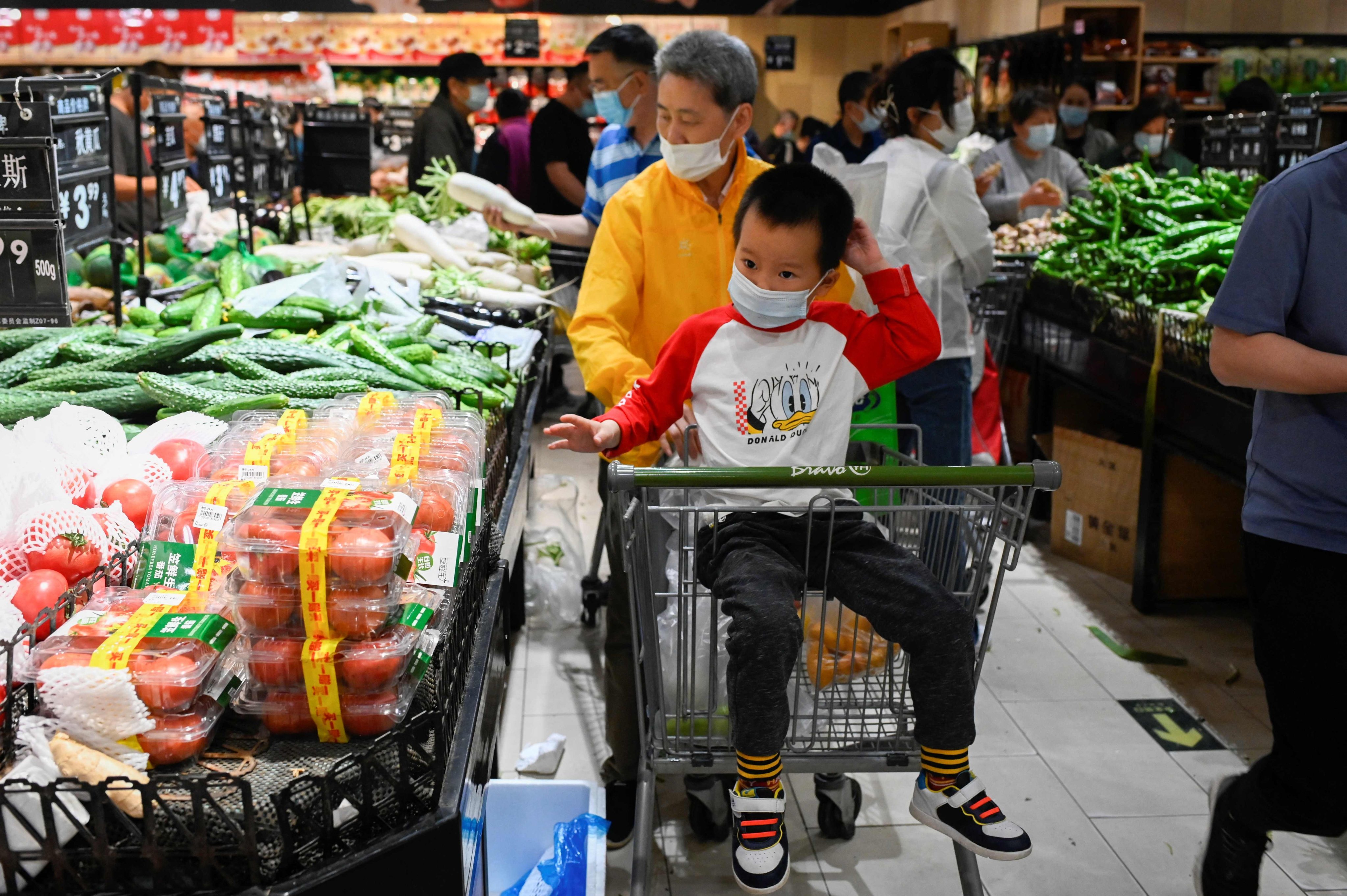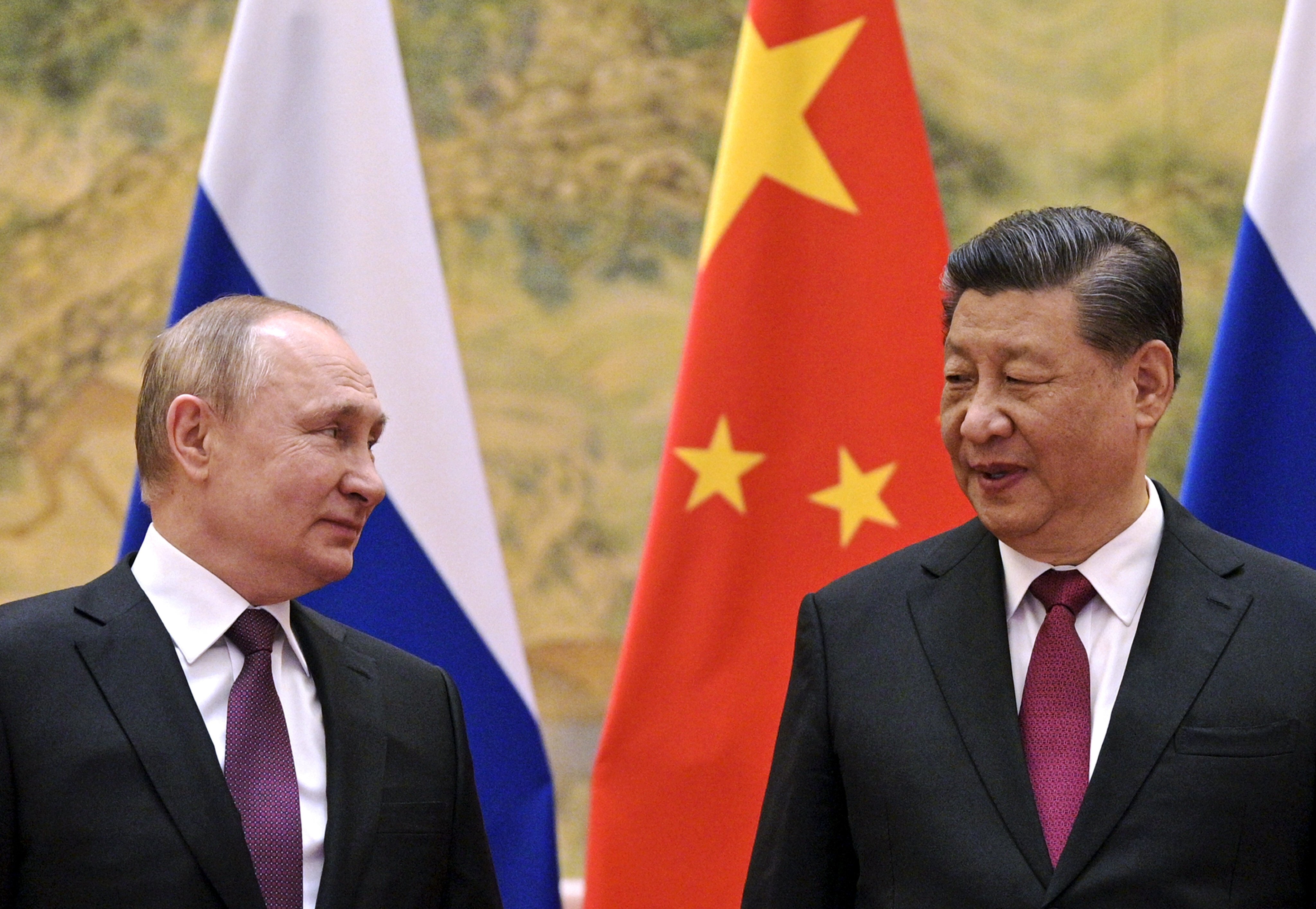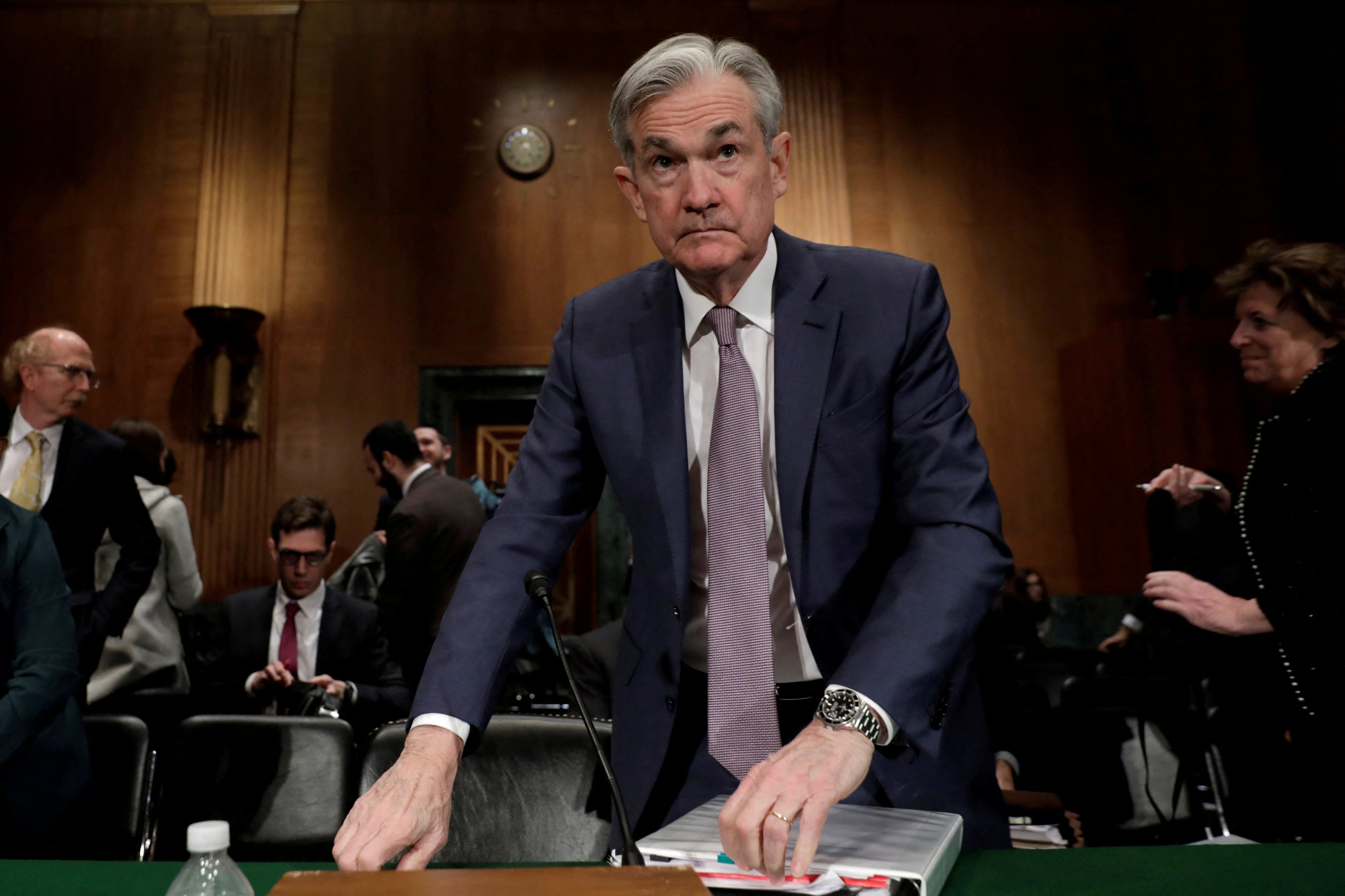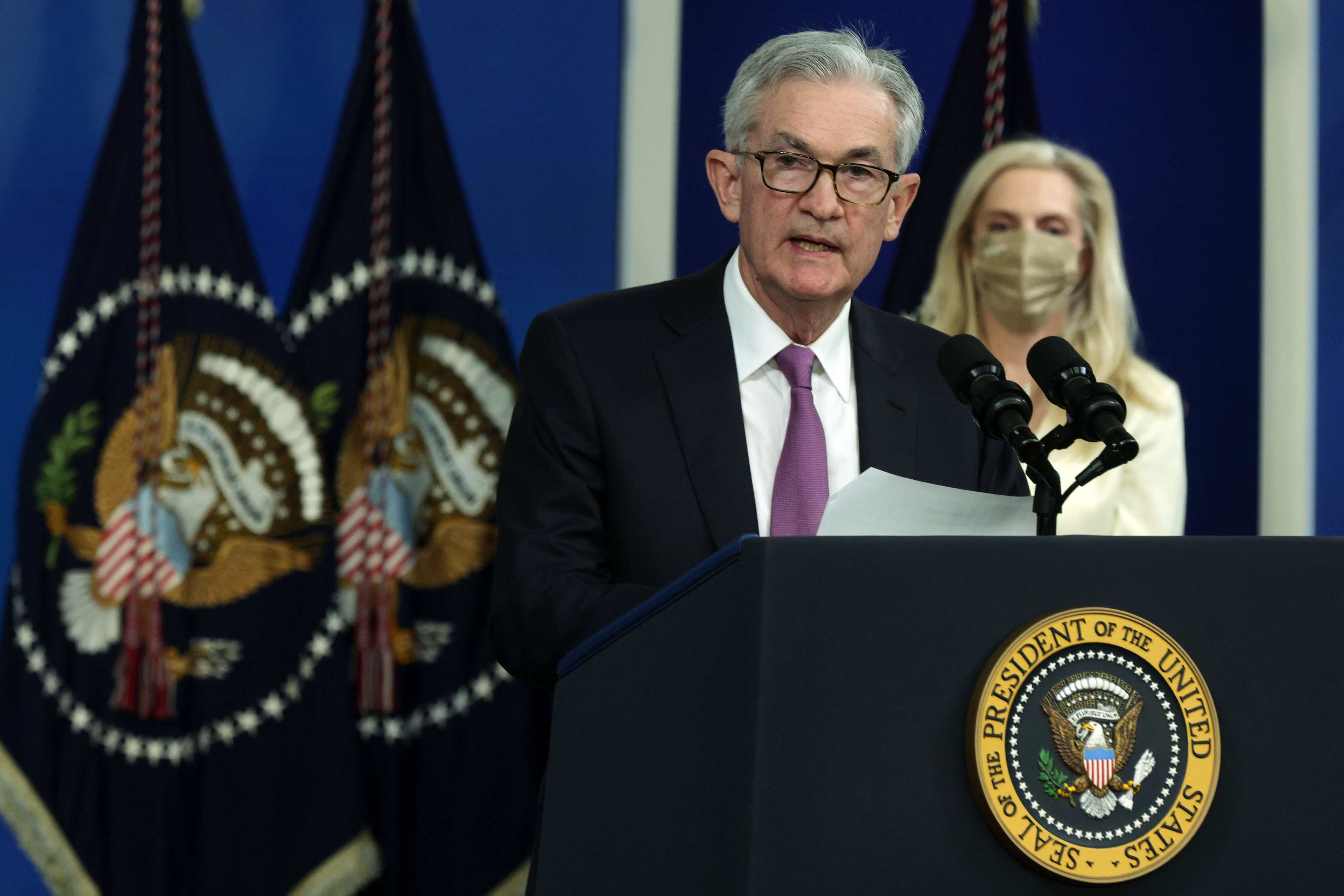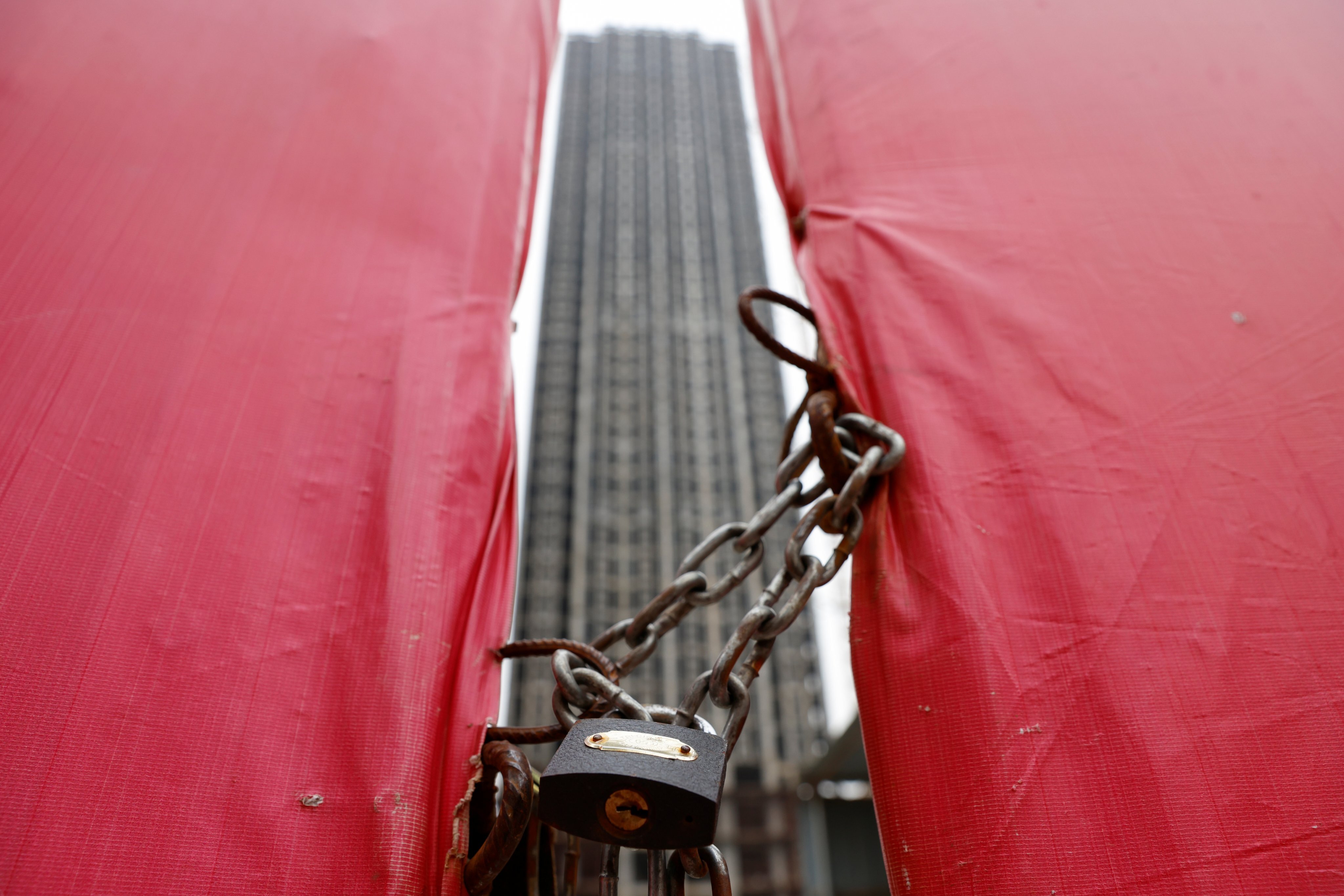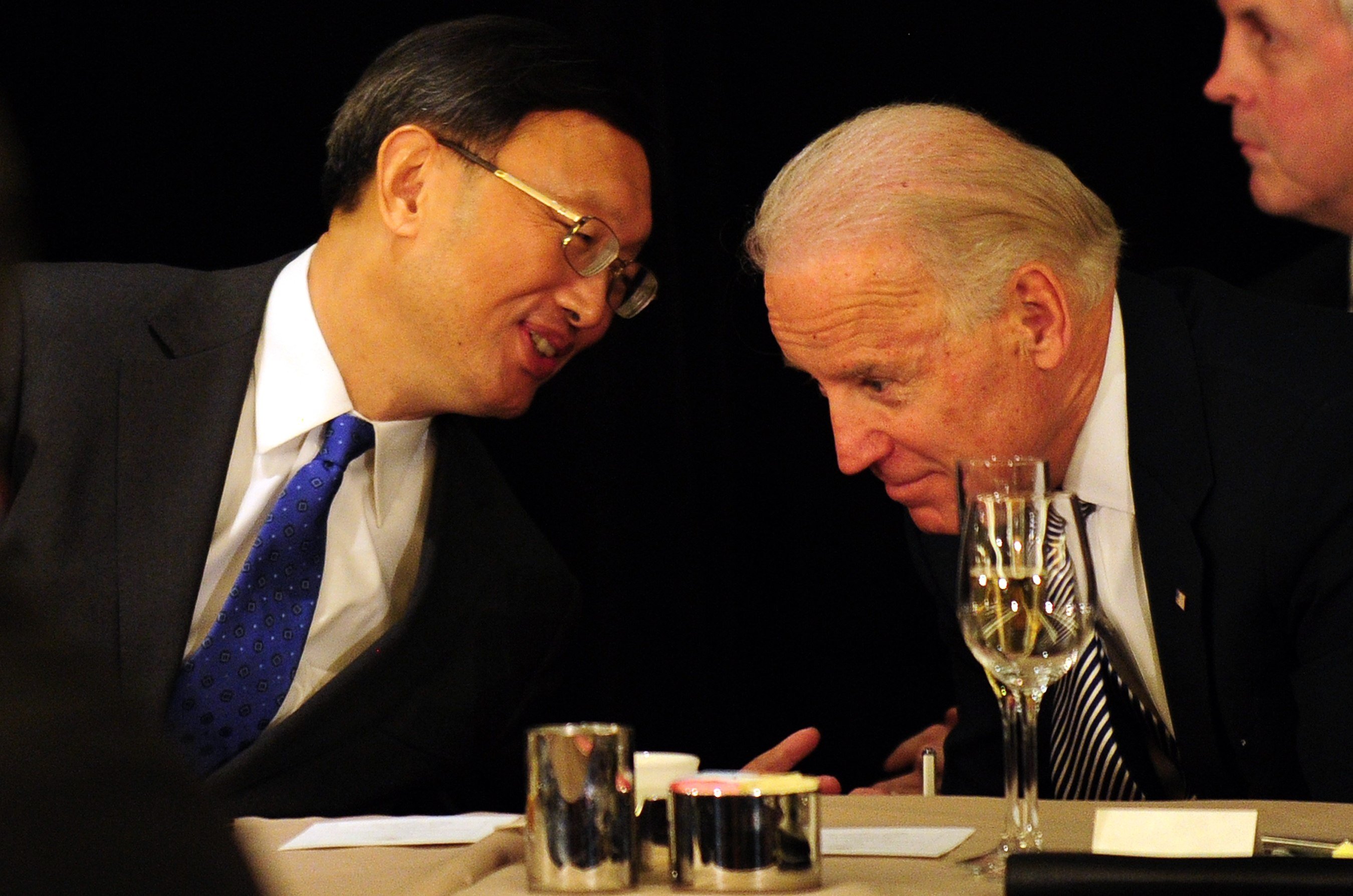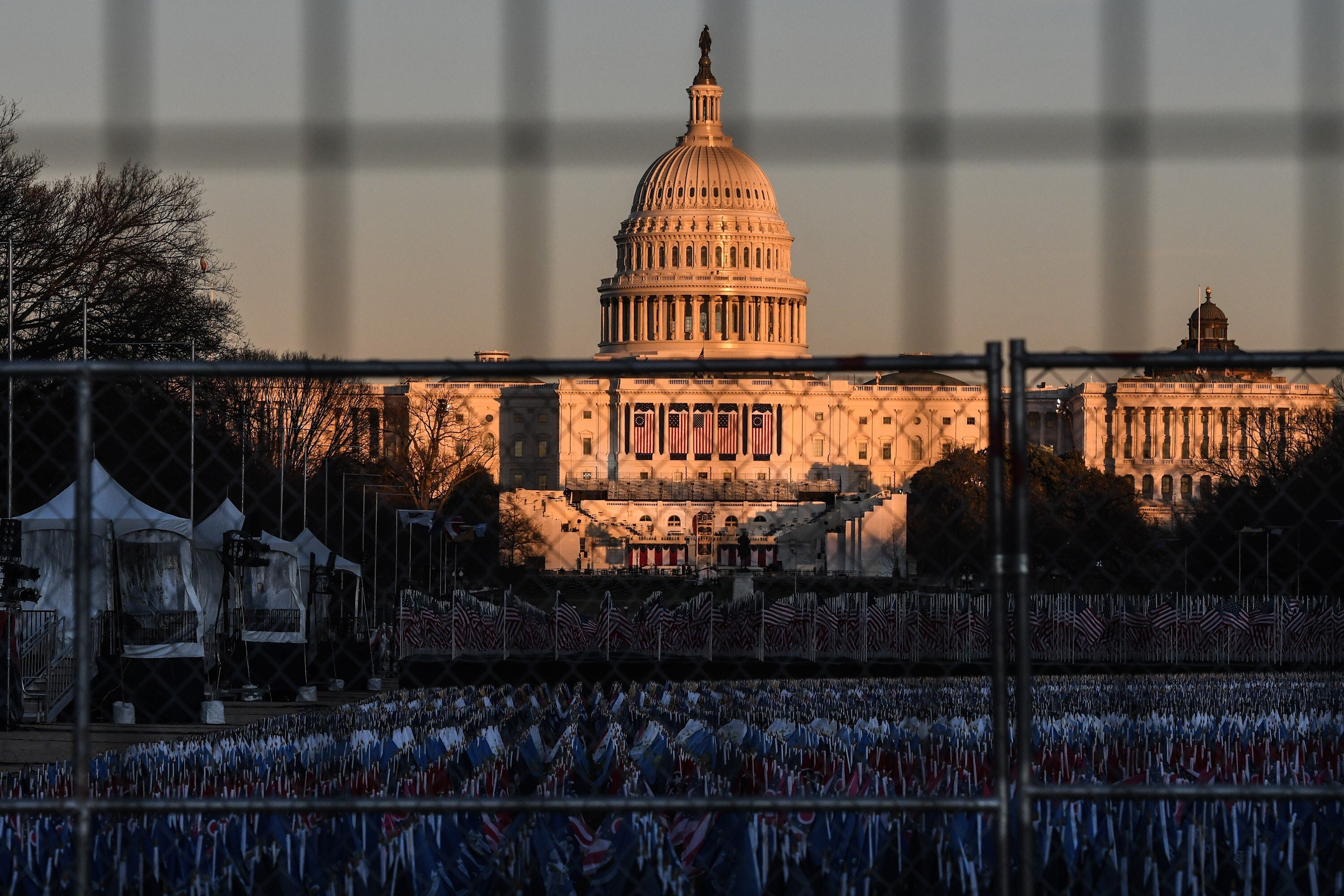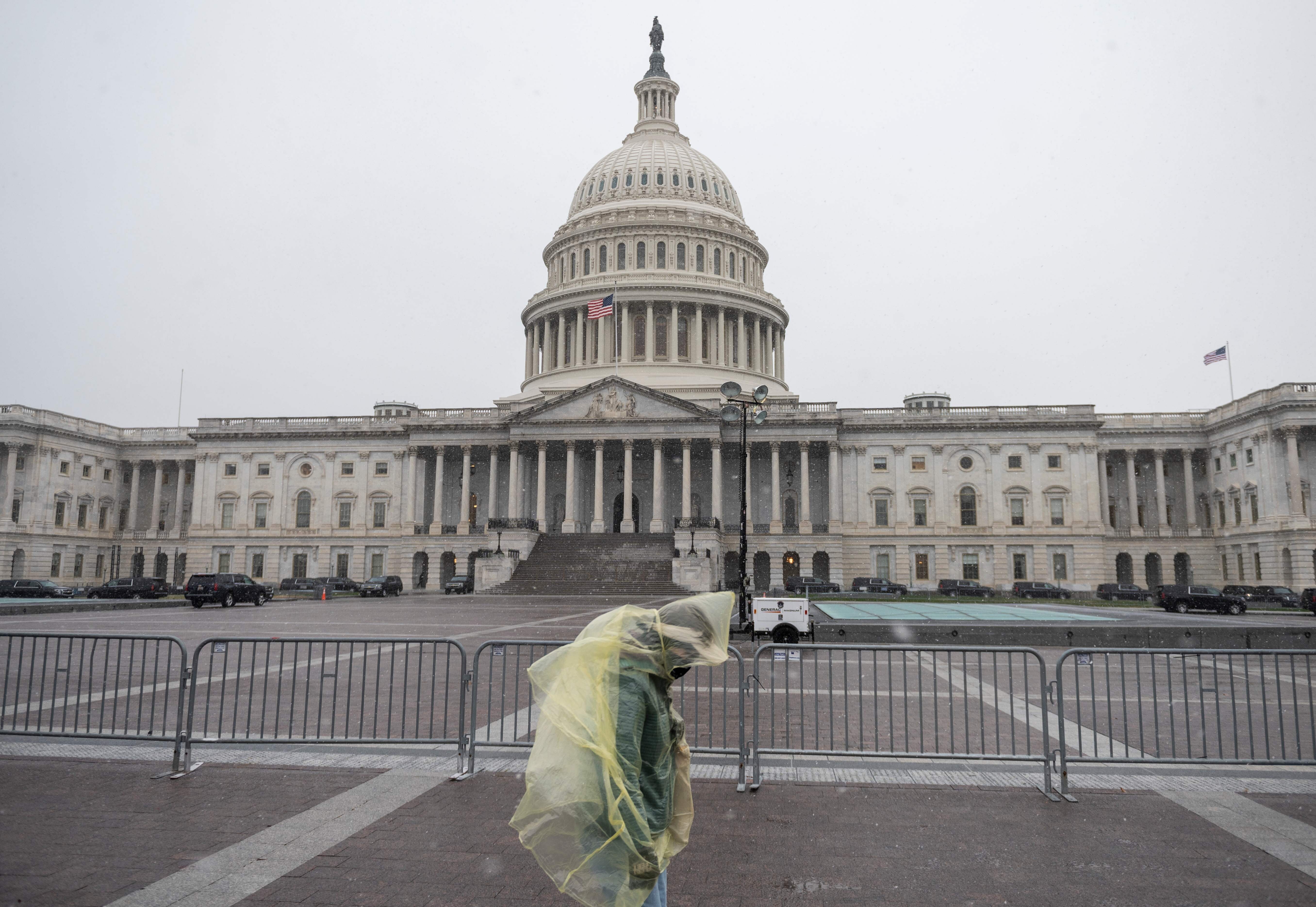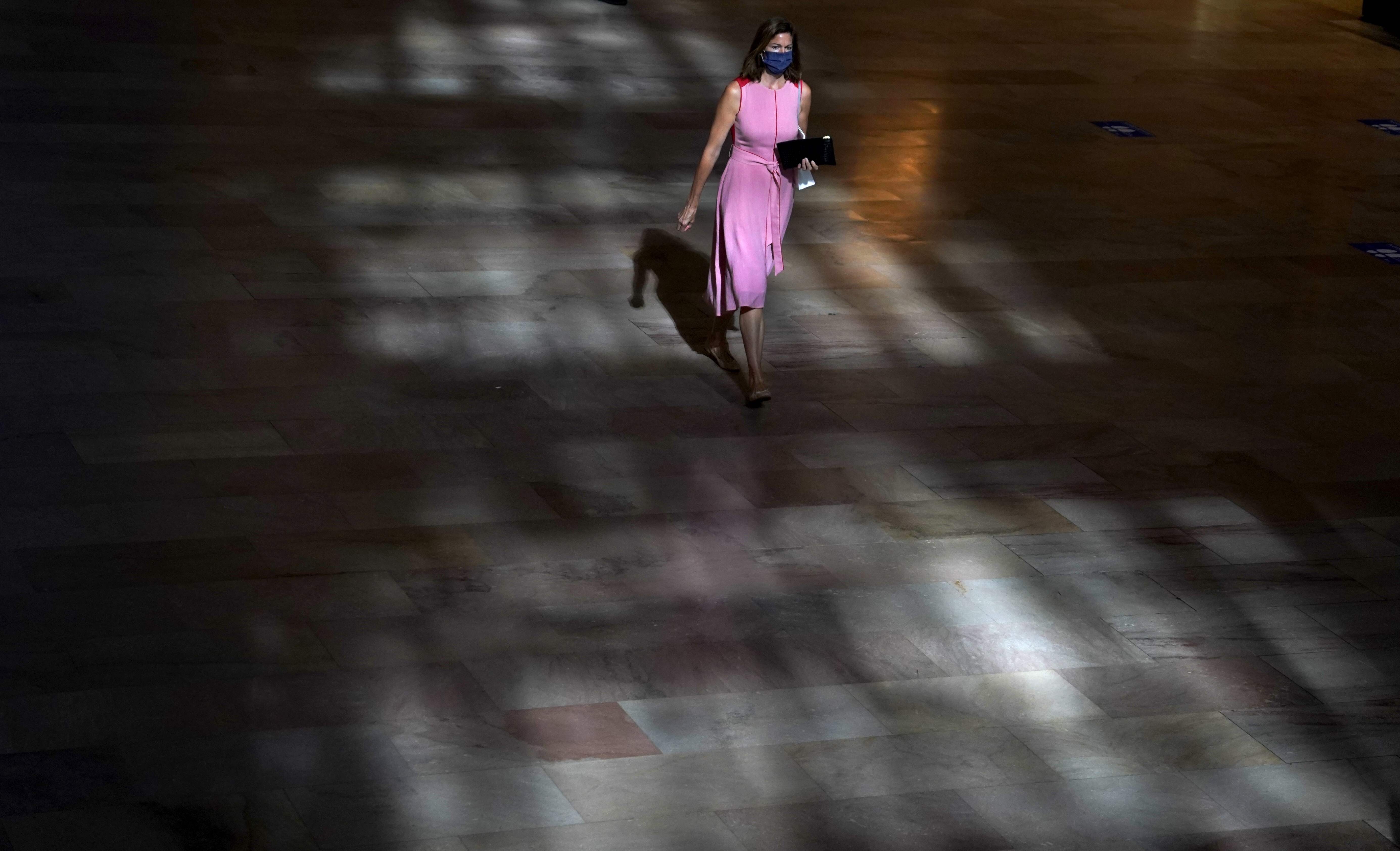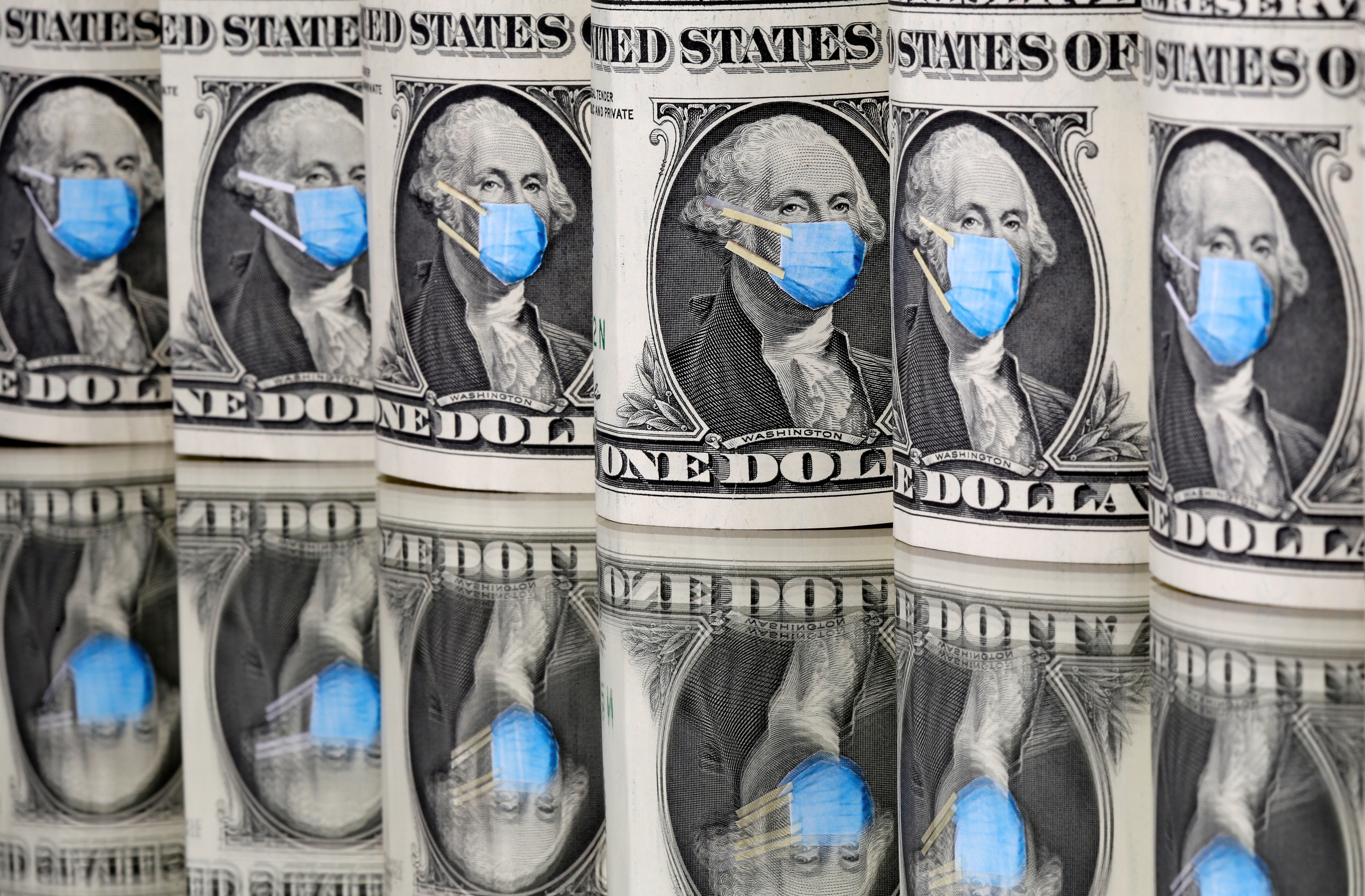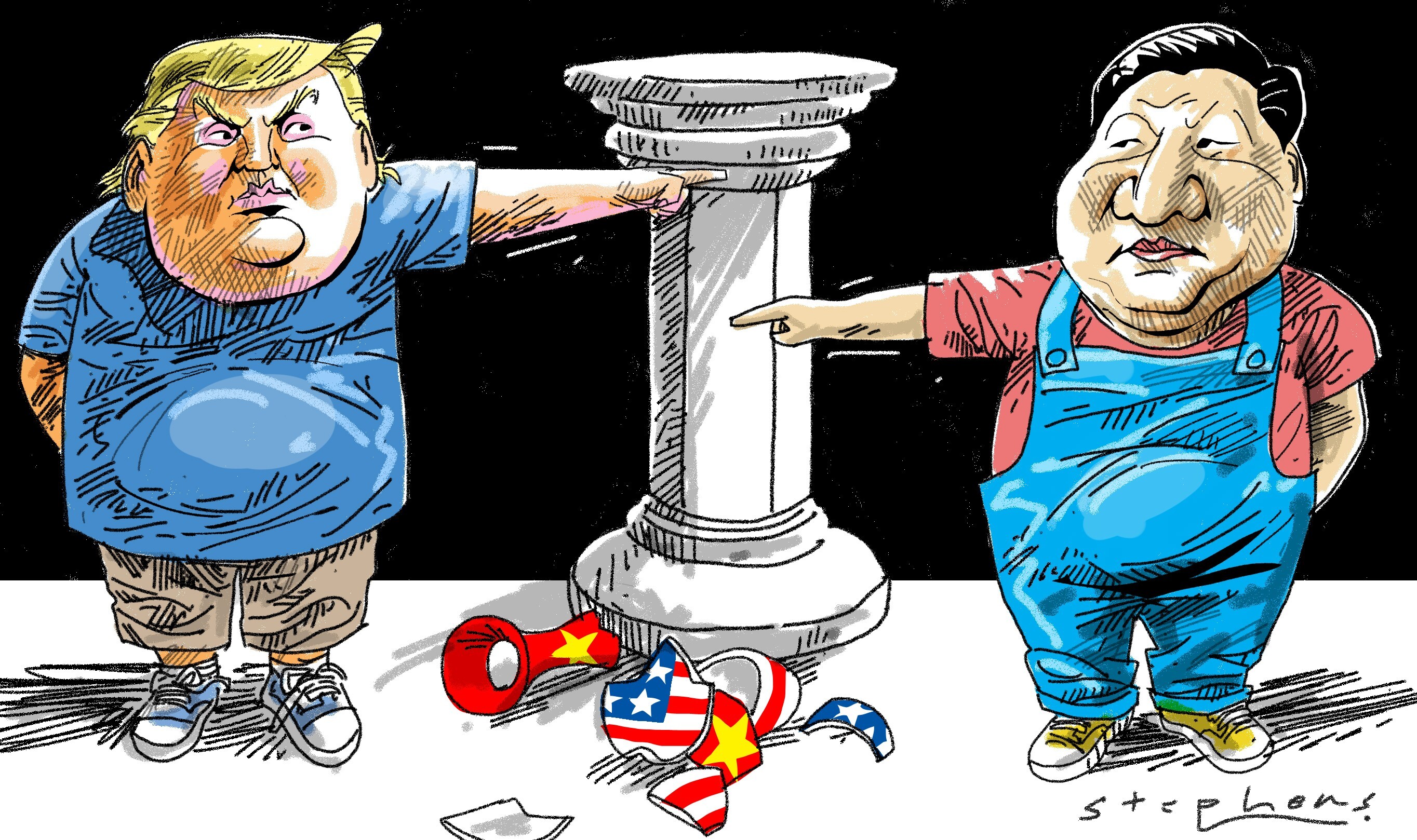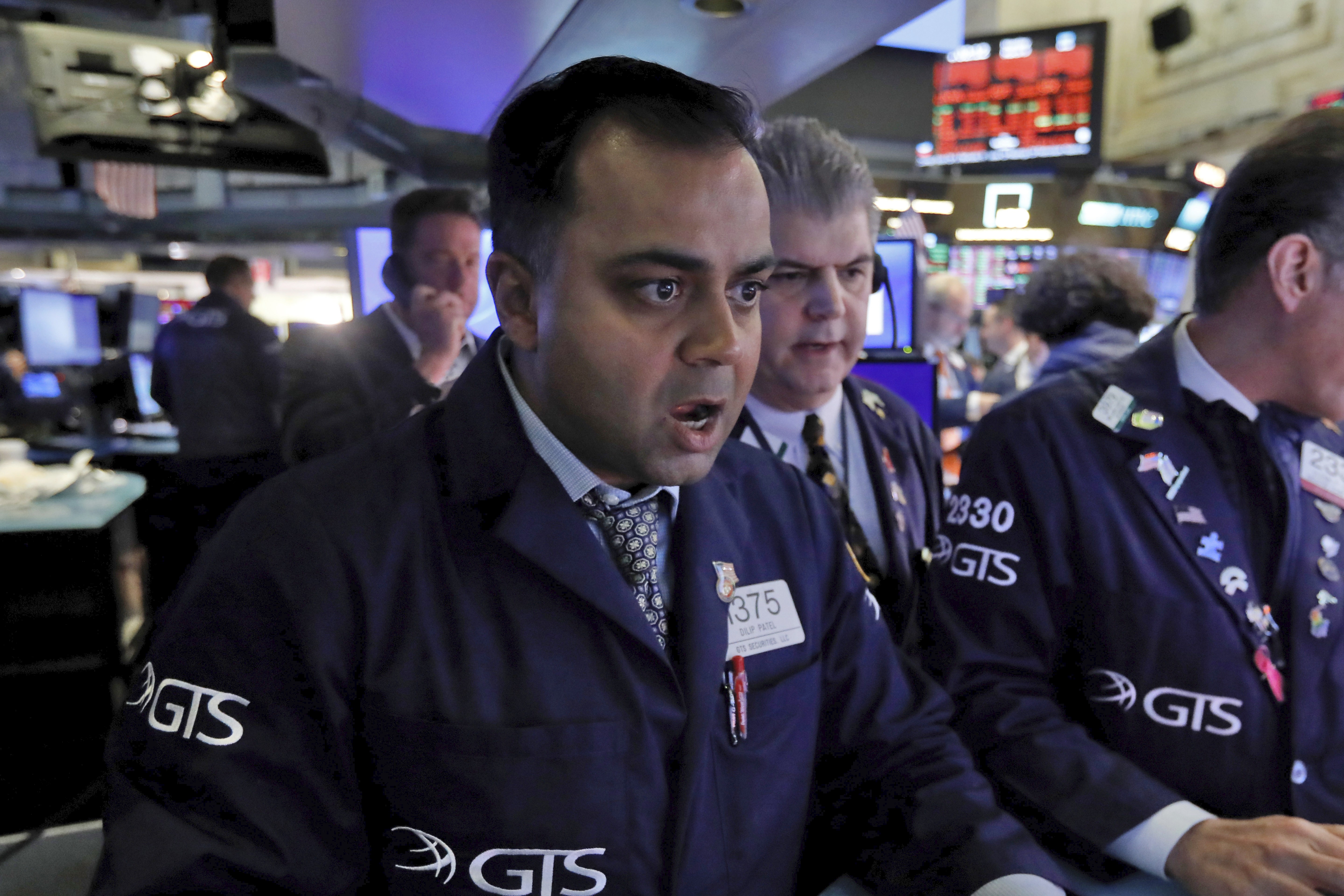
The meagre results and political context around Antony Blinken’s trip to Beijing showed the shortcomings of a personalised approach to diplomacy. Shifting to a more institutionalised model of engagement would take conflict resolution out of the hands of highly sensitive, politically constrained leaders.
A few years ago, China appeared well placed to threaten the US’ technological lead, but the advent of large language models is a game-changer. New draft rules covering chatbots, on top of the existing censorship regime, will constrain the ability of China’s tech companies to develop generative AI.
Janet Yellen was right to frame prioritising national security concerns over economic ones as a trade-off, but she only hinted at the possible consequences. Compromising trade and capital flows from China and elsewhere could result in slower economic growth, higher inflation and a weaker US dollar.
The string of bank collapses in the US due to a lack of Fed supervision feeds directly into Beijing’s narrative that America’s power is declining.
Then, as now, global powers hyped up their own narratives instead of communicating, creating an environment in which any unexpected event might spark conflict. And, like today, people doubted that war could break out in a globalised, interconnected world.
China continues to play a long game, whereas the US tactical assault on Chinese technology is all about short-term gains. As long as the US is trapped in a political system that places little value on strategy, there is no guarantee it will prevail in an existential tech conflict.
With a shrinking working-age population, China needs an acceleration in productivity growth to reclaim its mantle as the world’s greatest growth story, but the Chinese leader has not delivered on the promise of a rebalanced economy.
Establishing a permanent secretariat to share information and tackle common issues would build trust and elevate the bilateral relationship to the importance it deserves.
It is unsurprising that Xi Jinping chose loyalists to surround him in the Politburo Standing Committee, but the elevation of ideology tsar Wang Huning bears watching. In terms of strategy, it is clear national security will continue to take precedence over economic growth, especially with regard to conflict with the US.
Just as a fixation on core inflation can mislead central banks, the power of a ‘core leader’ is a recipe for misdirected and ultimately unsustainable policy. The very notion of a core adds a false sense of precision when policymakers attempt to address complex problems.
China’s slowdown is being driven by a structural transformation of the economy, payback for past excesses and a shift in the ideological underpinnings of governance. Xi Jinping is prepared to forgo growth to cement political power and pursue his dream of national rejuvenation.
Globalisation’s defences are crumbling in a world beset by climate change, pandemics and the war in Ukraine. Mounting geostrategic tensions are the wild card, with ‘friend-shoring’ efforts and scrutiny of Sino-Russian ties raising the stakes for China.
The IMF’s latest global outlook projects a soft landing for the world economy, but there are reasons to be sceptical. Headwinds include increasingly sluggish Chinese growth, overlooked consequences of rising interest rates and inflation and overly optimistic forecasts.
Putin’s war against Ukraine has turned China’s triangulation gambit – joining with Russia to corner the United States – on its head. Not only will continuing to support Russia result in sanctions that thwart China’s economic development goals, but it also risks Xi’s own place in history.
As high labour demand, supply chain bottlenecks and record stimulus spending fan the flames of inflation, the Federal Reserve knows it must finally take action. How to act is another matter.
Despite the flashing warning signs, the Fed remains wedded to a monetary policy born of the low-inflation past. With inflationary pressures going from transitory to pervasive, the policy rate should be the first line of defence.
The new emphasis on redistribution plus re-regulation strikes at the heart of the reform that has underpinned China’s growth. The Evergrande crisis will pass, but a regulatory clampdown amid a push to redistribute wealth could rewind the Chinese miracle.
There are legitimate reasons for China’s anti-tech campaign, but when the full force of regulation is used to strangle the business models and financing capacity of the economy’s most dynamic sector, it weakens confidence and the entrepreneurial spirit.
Now as then, the Fed sees increases in the prices of food and other essentials as transitory. But the biggest parallel may be another policy blunder – as before, the Fed is keeping real interest rates depressed, which in the 1970s only fuelled inflation.
Both sides should focus on the economic and trade issues that have long anchored the US-China relationship. That doesn’t mean dismissing other tough issues, but re-establishing common ground and trust before expanding the agenda.
Notwithstanding the release of pent-up demand for consumer durables, face-to-face services, including food and entertainment services, show signs of lasting damage.
The internet’s role in fomenting insurrection at the US Capitol has shone a light on the flaws of the West’s embrace of open-ended connectivity. The challenge remains for the West to prevent the breakdown of order in a free society.
Mass vaccination does not provide immunity against longer-term economic damage. And research on major pandemics dating back to the 14th century suggests Covid-19’s impact on the US economy will be far-reaching and profound.
Vaccination is unlikely to bring about so-called herd immunity until mid-2021. For a vulnerable US economy entering lockdown again, the case for a double-dip recession is compelling.
In 2008, China responded to the financial crisis by addressing the source of the shock itself, not the collateral damage the shock caused. Beijing’s approach to Covid-19 is similar. By contrast, the US is paying for its government’s inability or unwillingness to limit the contagion.
Given the unprecedented erosion of domestic savings, an explosive current account deficit, and the Fed determined to keep rates flat, expect the dollar to plunge by as much as 35 per cent next year.
Financial markets’ optimism about a V-shaped recovery from Covid-19 is not supported by the history of the US business cycle. With America still struggling to contain the pandemic, the lingering fears of infection will continue to impede any lasting recovery.
US domestic saving, already depressed, is headed deep into negative territory. This is likely to lead to a record current-account deficit, and the US could see a 35 per cent dollar plunge over the next two to three years.
China’s economic rebalancing set the stage for an uneasy shift in relations, and now tit-for-tat blame over the pandemic has pitched the tension into open conflict. Both Chinese and Americans will be worse off in the new cold war.
The global financial crisis playbook was designed for a world facing threats to the quantity of economic growth. It cannot be the answer for a world facing a shock stemming from deficiencies in the quality of that growth.

